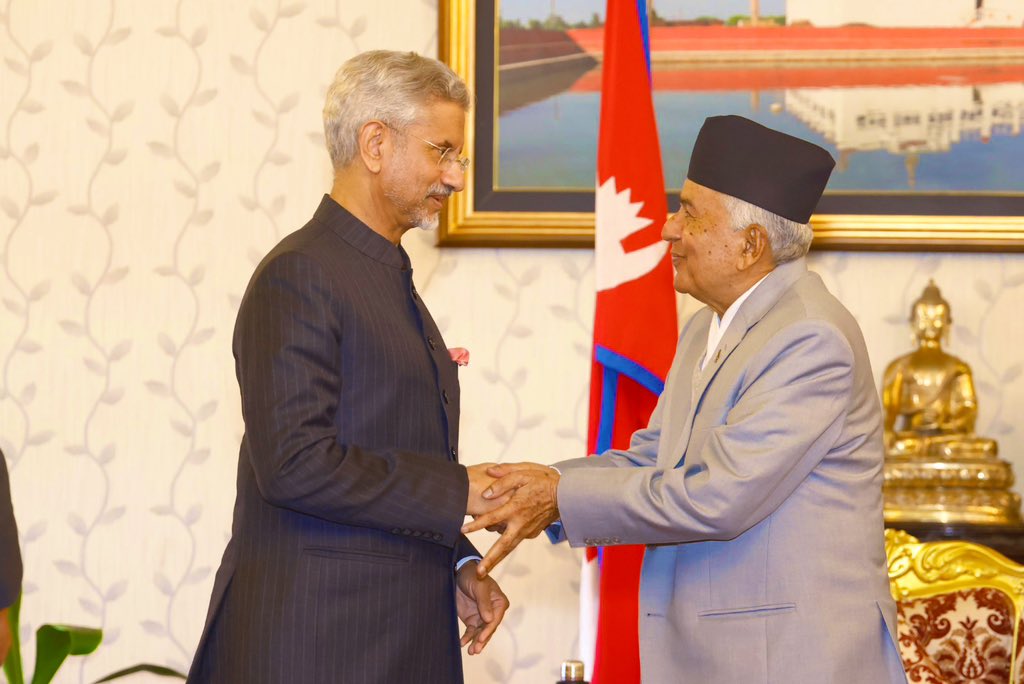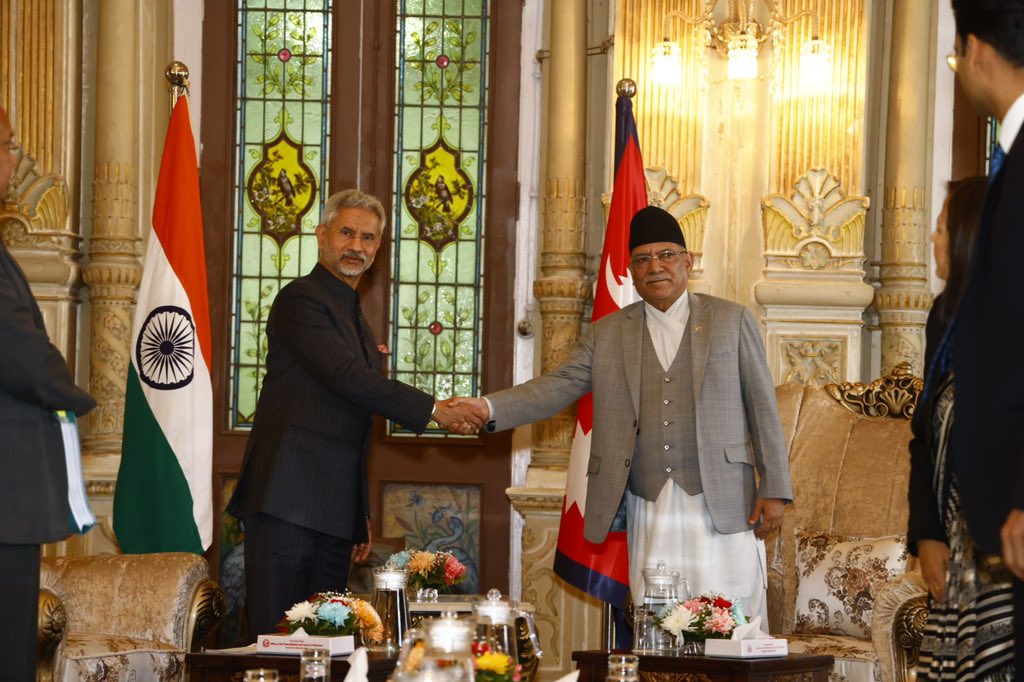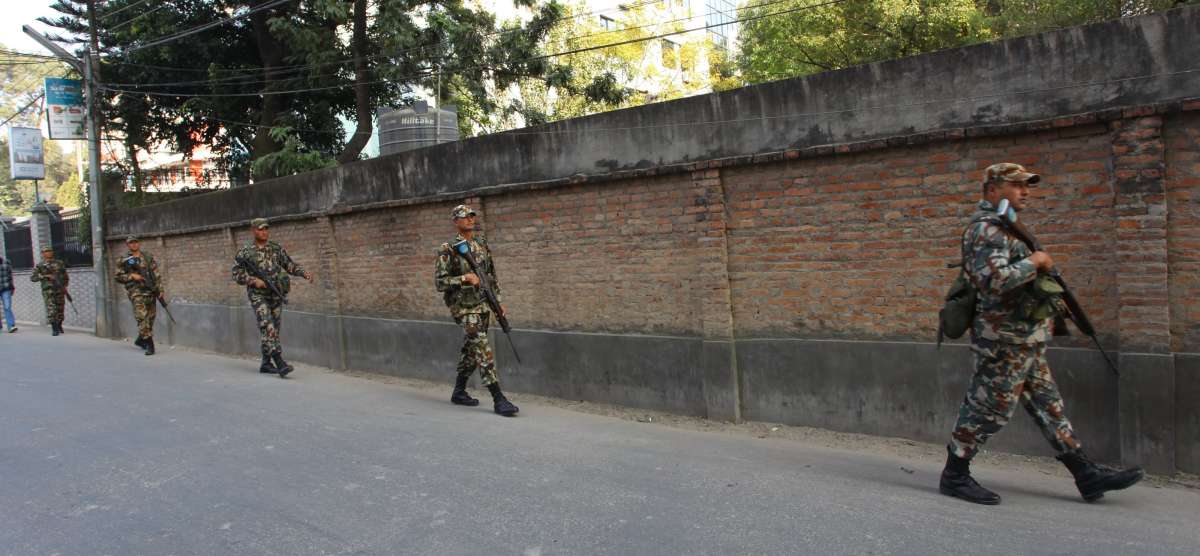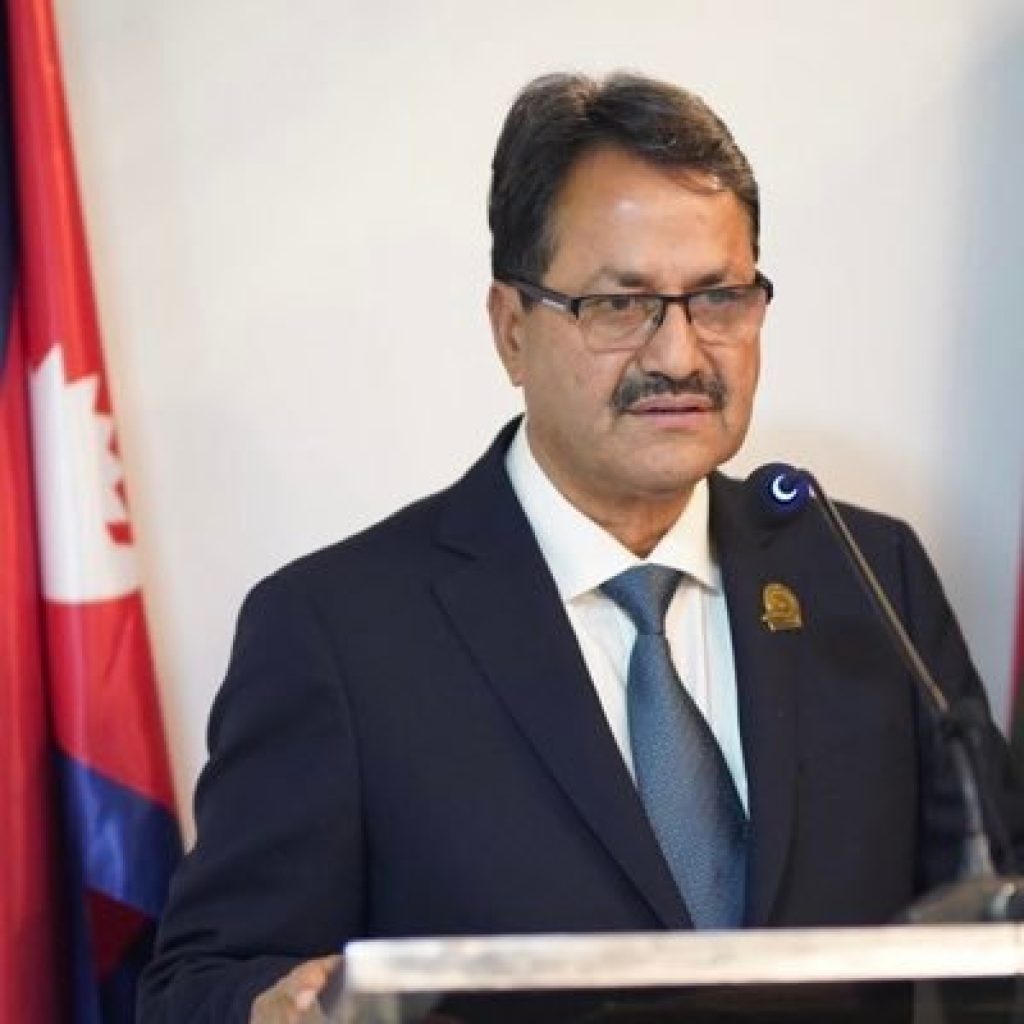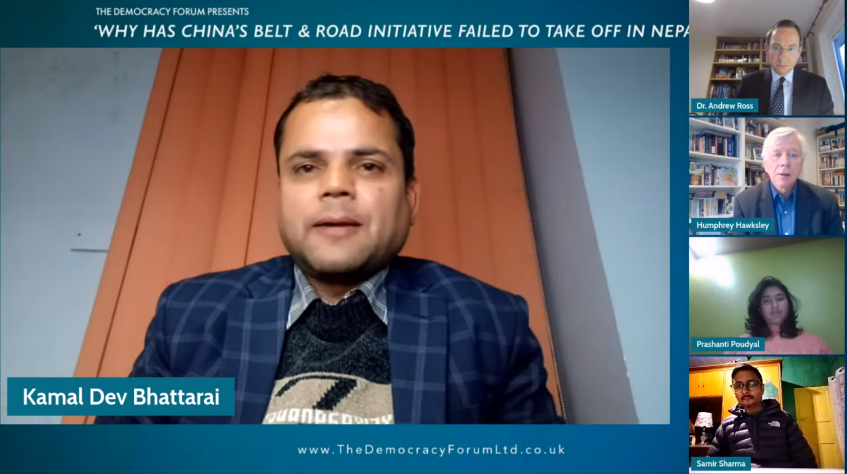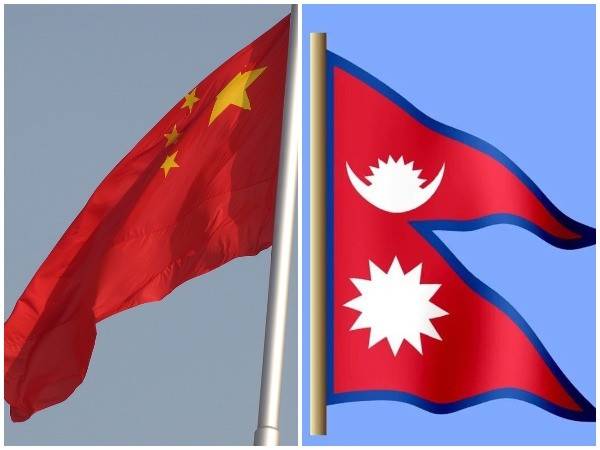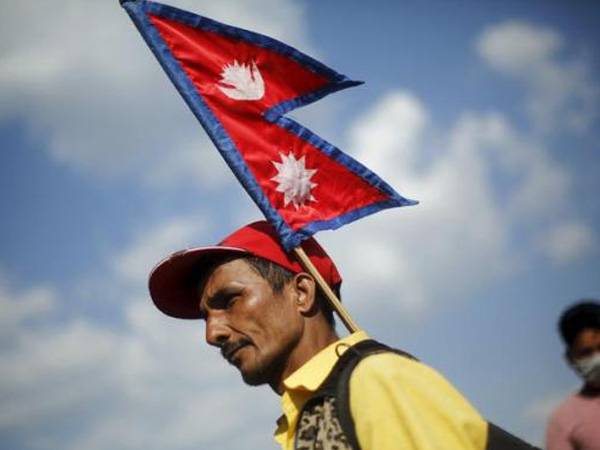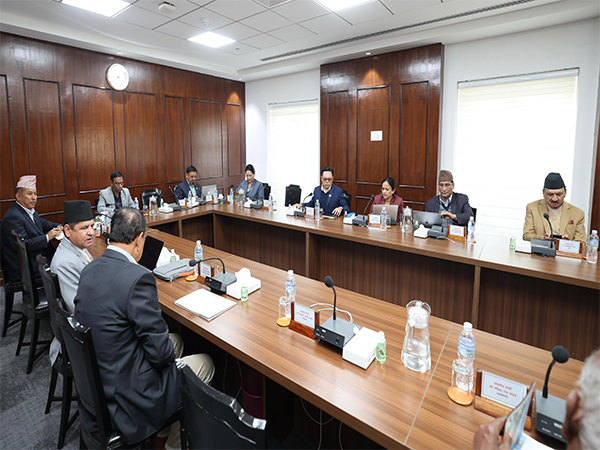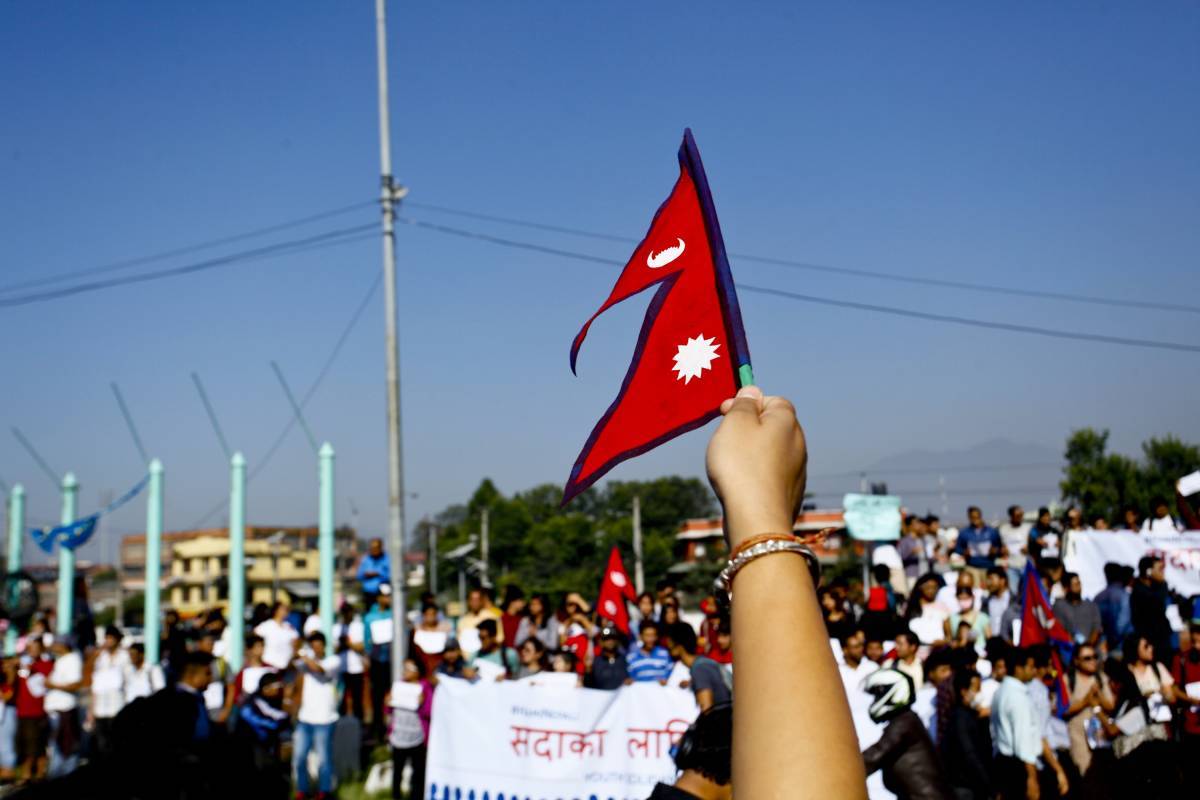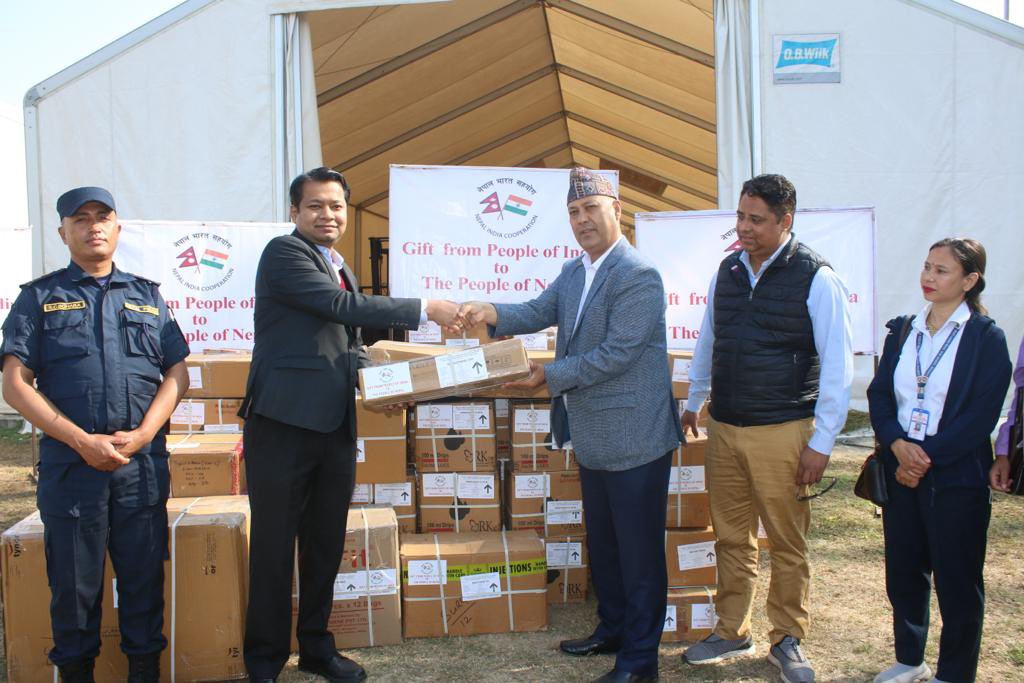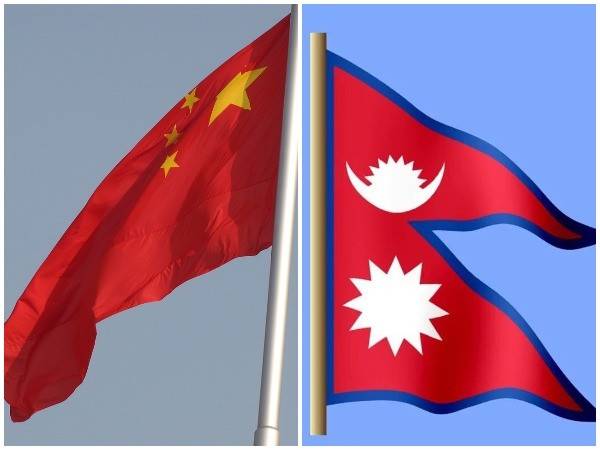The Nepal government doesn’t permit Nepali nationals to serve in foreign armies besides in India and the United Kingdom. But that hasn’t stopped Nepali youths from enrolling individually in the militaries of several other countries…reports Asian Lite News
With the announcement of the killing of an additional Nepali national, a total of seven Nepali nationals have been killed while serving in the Russian Army, Nepal’s Ministry of Foreign Affairs said on Wednesday.
Earlier, the Foreign Ministry had informed that at least six Nepali nationals serving in the Russian Army have been killed while fighting Ukrainian forces and it is estimated that around 200 Nepali nationals are serving as mercenaries in Putin’s army since the war broke out between Russia and Ukraine some 22 months back.
A Nepali national serving in the Russian Army named, Kundan Singh Nagal, bearer of passport number 09473632 who was serving in the Russian Army, has been killed, said a statement issued by the Foreign Ministry on Wednesday.
“The ministry has urged the Nepali Ambassador in Russia to initiate sending back the dead bodies of Nepali nationals as soon as possible and reimburse the compensation to the family members of those who were killed and injured during the war,” said the statement.
Meanwhile, the Nepal government once again urged the government of Russia not to recruit Nepali nationals in its army and send back those who are serving there through its Ambassador, said a ministry’s statement.
Since there is no official record as to how many Nepali nationals are serving in the Russian Army, the Foreign Ministry also asked the Russian government to provide details about numbers, including those injured and their status, the statement added.
The Nepal government doesn’t permit Nepali nationals to serve in foreign armies besides in India and the United Kingdom. But that hasn’t stopped Nepali youths from enrolling individually in the militaries of several other countries.
There are also reports that some Nepali nationals are serving in the Ukraine Army too, but the government does not have their details. The government has also asked the Russian government to repatriate Nepalis currently serving in Russian forces as soon as possible, according to the statement issued by the Ministry of Foreign Affairs.
Meanwhile, the Foreign Ministry said that four Nepali nationals serving in the Russian Army as mercenaries have been taken hostage by the Ukrainian Army as it released their names and addresses.
After the Nepal government requested the Ukrainian government to release the hostages, the Ukrainian authorities have set some conditions for their release, the ministry said without sharing details about the conditions put by Kiev.
During a recent briefing to the Nepali media by the Foreign Ministry and Nepali Ambassador to Russia, Milan Raj Tuladhar, it was said that Nepali nationals were being lured with promises of big money and were mostly smuggled into Russia, with each individual paying up to Rs 1 million to the ‘agents’.
On August 1, the Foreign Ministry had issued a statement urging Nepali citizens not to join foreign armies in war-torn countries.
“The attention of the ministry has been drawn to the news in social networking sites that Nepali citizens have joined foreign armies,” said the statement, adding, “The policy of the Nepal government does not allow Nepali citizens to join foreign armies except for the fact that Nepali citizens are being recruited in the national armies of some friendly countries as per the traditional agreement reached between Nepal and those countries.”
With the help of human traffickers, many Nepalis have reached Russia on student and tourist visas and joined its army.
Earlier in May, Russia had paved the way for recruiting foreign nationals in its army following a decree by President Vladimir Putin.
According to an internal report the Nepal Embassy in Moscow sent to the Foreign Ministry, there has been a big surge of Nepali population in Russia and many among them have joined the armed forces following the presidential decree.
The ministry has also urged the public not to make non-essential travel to Russia, except in the case of individuals with government-related tasks, recipients of Russian government scholarships, and those engaged in business or work in Russia.
If there is a need to travel to Russia, the ministry has urged individuals to obtain a no objection certificate (NOC) from its Tripureshwar-based Consular Department.
ALSO READ-Jaishankar Heads to Nepal for Joint Commission Meeting
